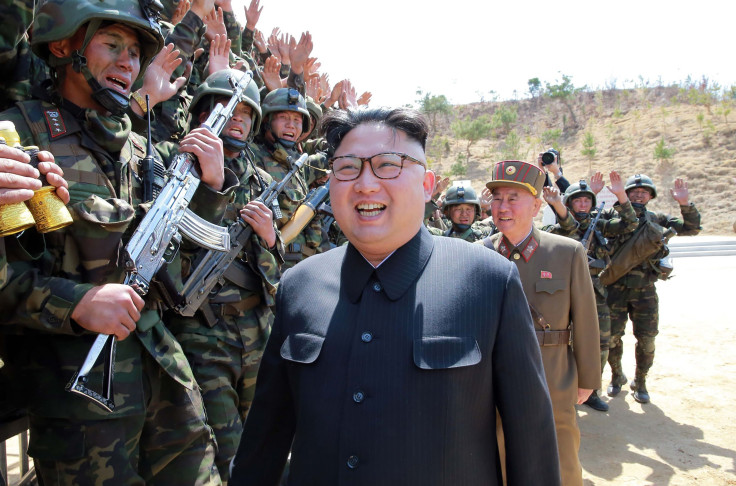UN Sanctions Against North Korea Will Not Impact Kim Jong Un: Reports

The new tougher sanctions placed by the United Nations on North Korea will end up impacting the common people of North Korea more than the regime of North Korean leader Kim Jong Un.
“The likeliest impact on the deeper cuts in petroleum products will be on sectors nonessential to the survival of the regime,” Paul Musgrave, assistant professor at the University of Massachusetts at Amherst, Live Mint reported. “That means that the incidence of these cuts will fall hardest on ordinary North Koreans.”
The latest sanctions which were approved last week were described as a deliberate act of aggression by North Korea.
“We define this ‘sanctions resolution’ rigged by the U.S. and its followers as a grave infringement upon the sovereignty of our Republic and as an act of war violating peace and stability in the Korean Peninsula and the region,” North Korea’s foreign ministry said in a statement on North’s official Korean Central News Agency on Sunday, the Star reported.
The December sanctions include cutting down North Korea’s petroleum imports to 500,000 barrels per year. This is a significant drop from the allowance of two million barrels, as dictated by the previous sanctions brought against Pyongyang in September.
According to Hong Kang-chel, a former North Korean border guard who defected in 2013, the sanctions will only cause more resentment for the U.S. among North Korean people as Kim’s regime is most likely to keep the oil for its own use, leaving the citizens to fend for themselves.
“Cutting oil supplies will only make North Koreans rage against the U.S. because they now have to work more by hand on farms, while officials will keep driving cars using smuggled petroleum,” Hong said. “North Korean workers sent overseas have brought back home the ideas and cultures of capitalism they witnessed, but now Trump is leading the way for blocking that route.”
President Donald Trump’s insistence, for several months, on tightening the already strict sanctions on North Korea finally led the U.N. to vote unanimously on Friday and approve the latest measures.
The latest move was in direct retaliation to Kim’s regime testing out its deadliest intercontinental missile yet on Nov. 29, providing further evidence that it has no plans of slowing down its nuclear weapons program.
U.S. ambassador to the United Nations, Nikki Haley told the Security Council that the test was “another attempt by the Kim regime to masquerade as a great power while their people starve and their soldiers defect.”
The North Korean Foreign Ministry, however, has blamed Trump for wanting to bring about a “complete economic blockade” of their country.
“If the U.S. wishes to live safely, it must abandon its hostile policy toward the DPRK and learn to coexist with the country that has nuclear weapons and should wake up from its pipe dream of our country giving up nuclear weapons which we have developed and completed through all kinds of hardships,” said the statement, carried by the KCNA.
The resolution, which excluded some of the originally proposed conditions from the Trump administration such as banning all oil imports and freezing international assets of Kim and his government, will go into effect from Jan. 1.
© Copyright IBTimes 2025. All rights reserved.






















